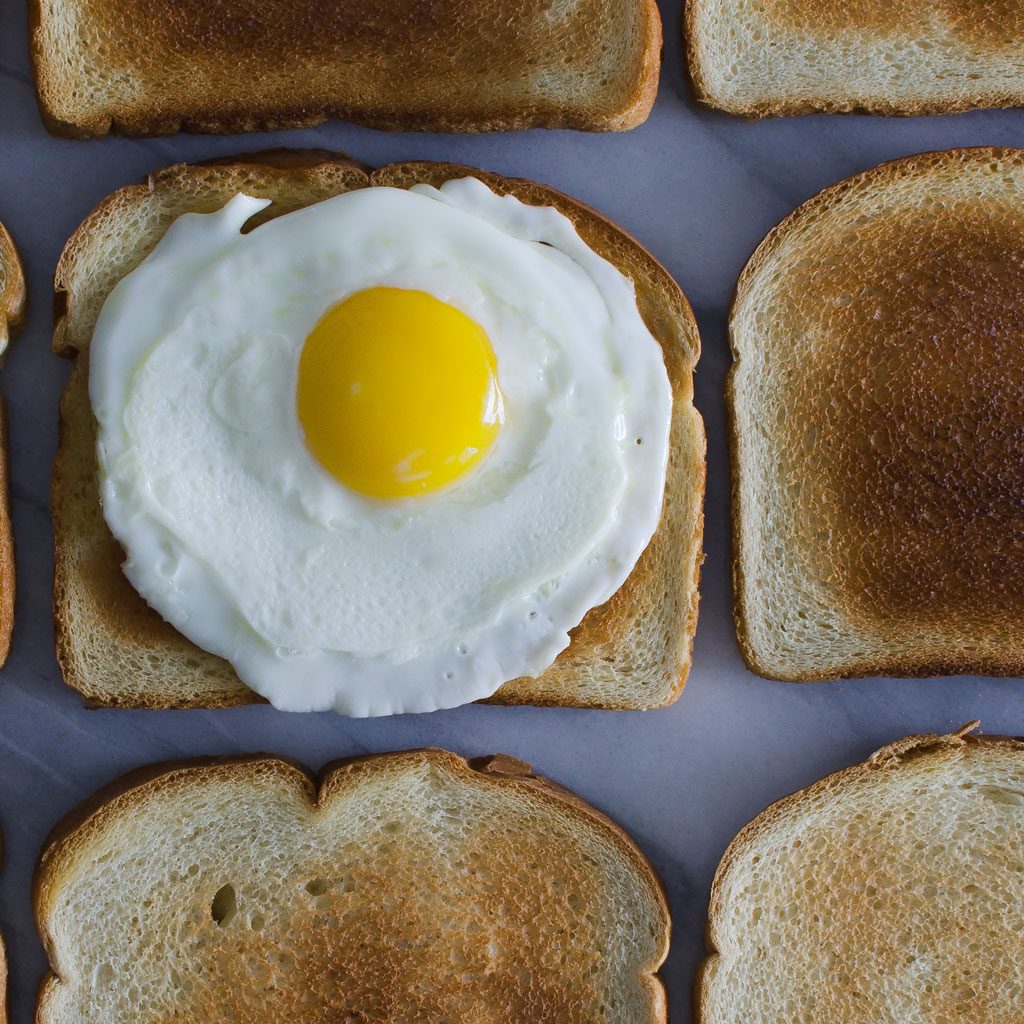Introduction: Unraveling the Charred Mystery
As I stand in my kitchen, the sizzle of meat hitting a hot pan ignites a symphony of flavors and aromas. The Maillard reaction and caramelization dance before me, transforming mere ingredients into a masterpiece of charred perfection. This is where science meets artistry, where the magic of cooking unfolds in the form of tantalizing charred flavor.
Ingredients
- 1 pound of premium steak (ribeye or filet mignon work well)
- 2 tablespoons of olive oil
- Salt and pepper to taste
- Optional: keto-friendly steak seasoning blend
Instructions
- Start by patting the steak dry with paper towels to ensure a nice sear.
- Season both sides generously with salt and pepper, or your preferred steak seasoning blend.
- Heat a cast-iron skillet over high heat and add the olive oil.
- Gently place the steak in the hot skillet and resist the urge to move it around. Let it sear for 3-4 minutes on each side for a perfect medium-rare doneness.
- Remove the steak from the skillet and let it rest for a few minutes before slicing and serving.
Nutritional Information
- Per serving: 350 calories, 25g fat, 30g protein, 0g carbs
Cooking Tips and Tricks
- To achieve a beautiful char on your steak, make sure the skillet is smoking hot before adding the meat.
- For a keto-friendly twist, experiment with different steak cuts or incorporate low-carb side dishes.
- Consider the science of Maillard reaction and caramelization when cooking to understand how heat transforms proteins and sugars into complex flavors.
Historical Insight
Steak has been a culinary delight for centuries, dating back to ancient times when our ancestors first discovered the art of grilling meat over an open flame. Today, we continue to honor this tradition by savoring the charred flavors that make steak a timeless classic.
Conclusion
Embrace the magic of charred flavor in your own culinary adventures. Experiment with different seasonings, cooking techniques, and cuts of meat to create a dish that speaks to your taste buds. Share your experience with us and let’s continue to explore the depths of culinary science together. Bon appétit!







